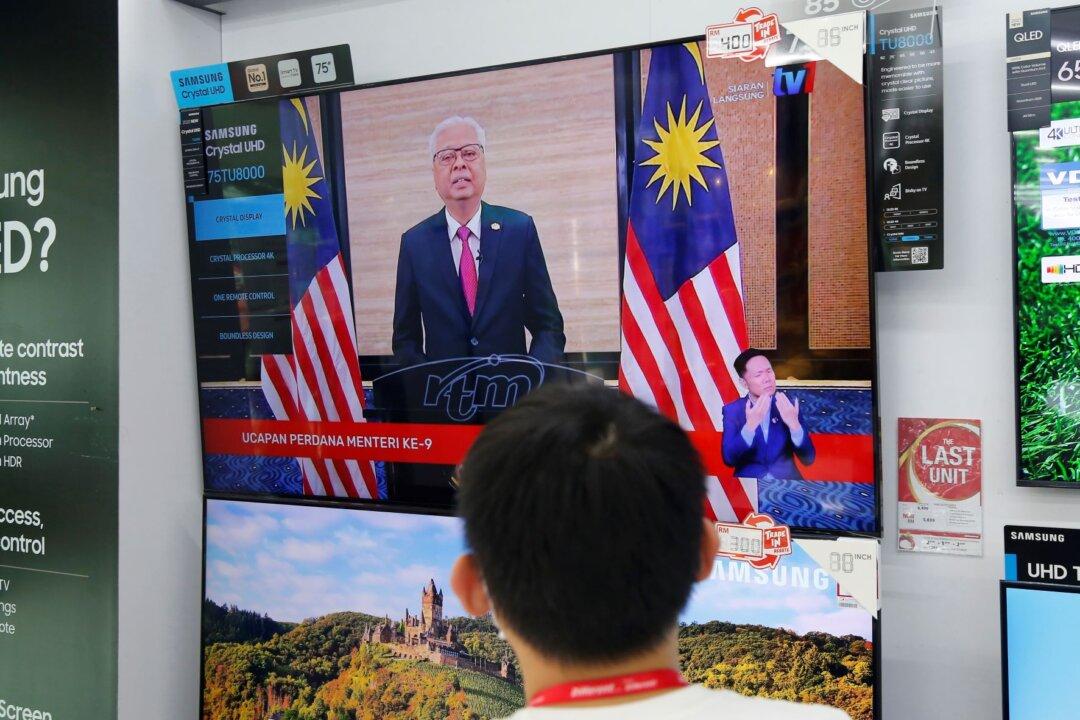Malaysian Prime Minister Ismail Sabri Yaakob has dissolved the country’s Parliament, paving the way for an early election amid calls from his ruling coalition to hold the vote ahead of the deadline due to infighting.
Ismail announced on Oct. 10 that he had obtained King Sultan Abdullah Sultan Ahmad Shah’s approval to dissolve the current Parliament ahead of the expiration of its five-year term in July 2023.





